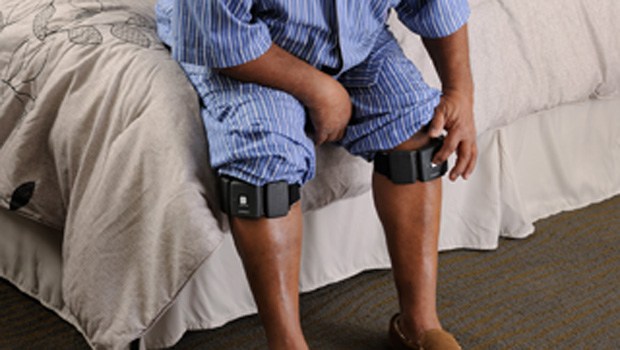“I Have Diabetes. What Should I Eat?”

Integrated Diabetes Services (IDS) provides detailed advice and coaching on diabetes management from certified diabetes educators and dieticians. Insulin Nation hosts a regular Q&A column from IDS that answers questions submitted from the Type 1 diabetes community.
Q – I have been diagnosed with Type 2 diabetes and I’ve read a lot of conflicting information about food and blood sugar. Is there a list of foods that are best for people with diabetes?
A – A diabetes diagnosis inevitably means you have to pay more attention to your diet. We learn from the get-go that food has an impact on blood sugar, so it’s not surprising to seek the “perfect” diabetic diet. Unfortunately, no diet exists that works for everyone. However, there is enough research to tell us that some foods have more of an effect on blood sugar levels than others.
Healthy eating is really the best dietary approach to diabetes management. The best description of this comes from Michael Pollan, author of The Omnivore’s Dilemma and In Defense of Food. Pollan gives this great advice – “Eat food, not too much, mostly plants.” This style of eating is good for your overall health and helpful for managing diabetes. To simplify this, start to think of your food intake as an 80/20 plan – 80% of the time you want to eat to nourish your body with healthy food.
For blood sugar management, what you’re seeking in your diet is to eat a lot of “low glycemic” food – foods that affect blood sugar levels slowly. Here are some great examples of low-glycemic foods:
Vegetables – Non-starchy vegetables like leafy greens and broccoli are high-fiber and low-carb, and provide a ton of nutrients. Starchy vegetables such as potatoes, corn, and peas have a higher carb count and should be eaten more sparingly.
Fruits – Fruit really helps with blood sugar management at the end of a meal. Use fruit as a dessert and aim for low-glycemic varieties such as berries, kiwi, apples, and pears.
Grains – Eat as “unprocessed” as possible when it comes to grains. Most bread, breakfast cereal, and white rice is refined; this refining process removes a lot of natural good components (like fiber) and leaves only the starchy, carb-rich portion, which can quickly affect blood sugar levels. Try to eat grains such as wild rice, quinoa, barley and old-fashioned oats, instead. For bread, aim for varieties with high-fiber content and sprouted grains.
Legumes – Beans and lentils contain carbohydrates and protein. Because they are high in fiber, the carbohydrates digest slowly and will have a small effect on your blood sugar levels. Foods like legumes that pull double duty, in this case providing both carbs and protein, are great for a healthy diet.
Protein and Fat are nutrients which have only a moderate effect on blood glucose levels, when eaten in the right portion. If you consume large portions of protein and/or fat, it can impact your blood glucose levels for many hours, so beware of over-consumption.
Focus on those foods listed above about 80% of the time.
And the other 20%? We also eat to nourish the soul. Foods that we eat for a birthday, holiday or celebration may not fit into our “nourishing” food category, but that doesn’t mean they should be avoided completely. Enjoy these treats sparingly, but understand that they may cause your blood sugar levels to rise quickly.
The overall aim in diabetes meal planning is to find what works best for you. It’s important to discuss changes in diet with your diabetes team, especially if you take medication at meals. Make an appointment with a Registered Dietitian who is also a Certified Diabetes Educator to get you started on your “perfect” diet.
Submit your questions to jennifer@integrateddiabetes.com. All questions will be answered, and yours may be chosen to appear on Insulin Nation or Type 2 Nation.
Integrated Diabetes Services provides one-on-one education and glucose regulation for people who use insulin. Diabetes “coaching” services are available in-person and remotely via phone and online for children and adults. Integrated Diabetes Services offers specialized services for insulin pump and continuous glucose monitor users, athletes, pregnancy & Type 1 diabetes, and those with Type 2 diabetes who require insulin. For more information, call 1-610-642-6055, or write info@integrateddiabetes.com.
Want more news on Type 2 diabetes? Subscribe to our newsletter here.




